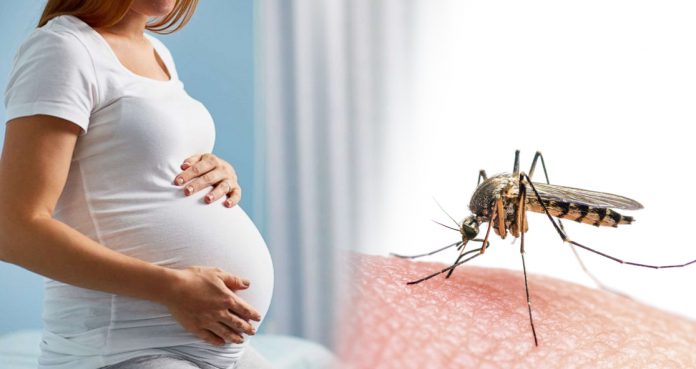A new study conducted by the researchers of the Puerto Rico health department and CDC has found that healthcare provider counseling is associated with increased condom use in order to prevent sexual transmission of Zika virus during pregnancy.
The researchers examined the use of condoms throughout pregnancy during the Zika outbreak that occurred in Puerto Rico during 2016.
The study found that less than 25 percent of pregnant women reported using condoms consistently.
Zika virus infection during pregnancy increases the risk of brain abnormalities, microcephaly, as well as other birth defects in an offspring who is exposed to the virus.
It is important to note that Zika virus infection could be transmitted by having sexual intercourse in an infected partner, although it primarily occurs by an infected mosquito bite.
In 2016, the CDC released guidelines for the prevention of sexual transmission of Zika virus in pregnant women and couples who are planning to conceive. They were advised to use condoms consistently and correctly when having intercourse or avoid having sex during pregnancy to reduce the risk of sexual transmission of the virus.
In addition, the participants who were at the risk of exposing the virus to the fetus were counseled about the recommended preventive measures.
The researchers found that less than 25 percent of women reported using condoms consistently and correctly during pregnancy. They also found that healthcare provider counseling was associated with a remarkable increase in consistent and correct condom use.
The findings suggest that healthcare providers can play a key role in preventing sexual transmission of Zika virus infection by counseling pregnant women and their partners on the importance of using condoms consistently. The researchers explained that these findings could also help them to target preventive measures and interventions of other sexually transmitted diseases (STDs) during pregnancy, such as genital herpes and syphilis. If left untreated, STDs can increase the risk of adverse effects on maternal and infant health.























